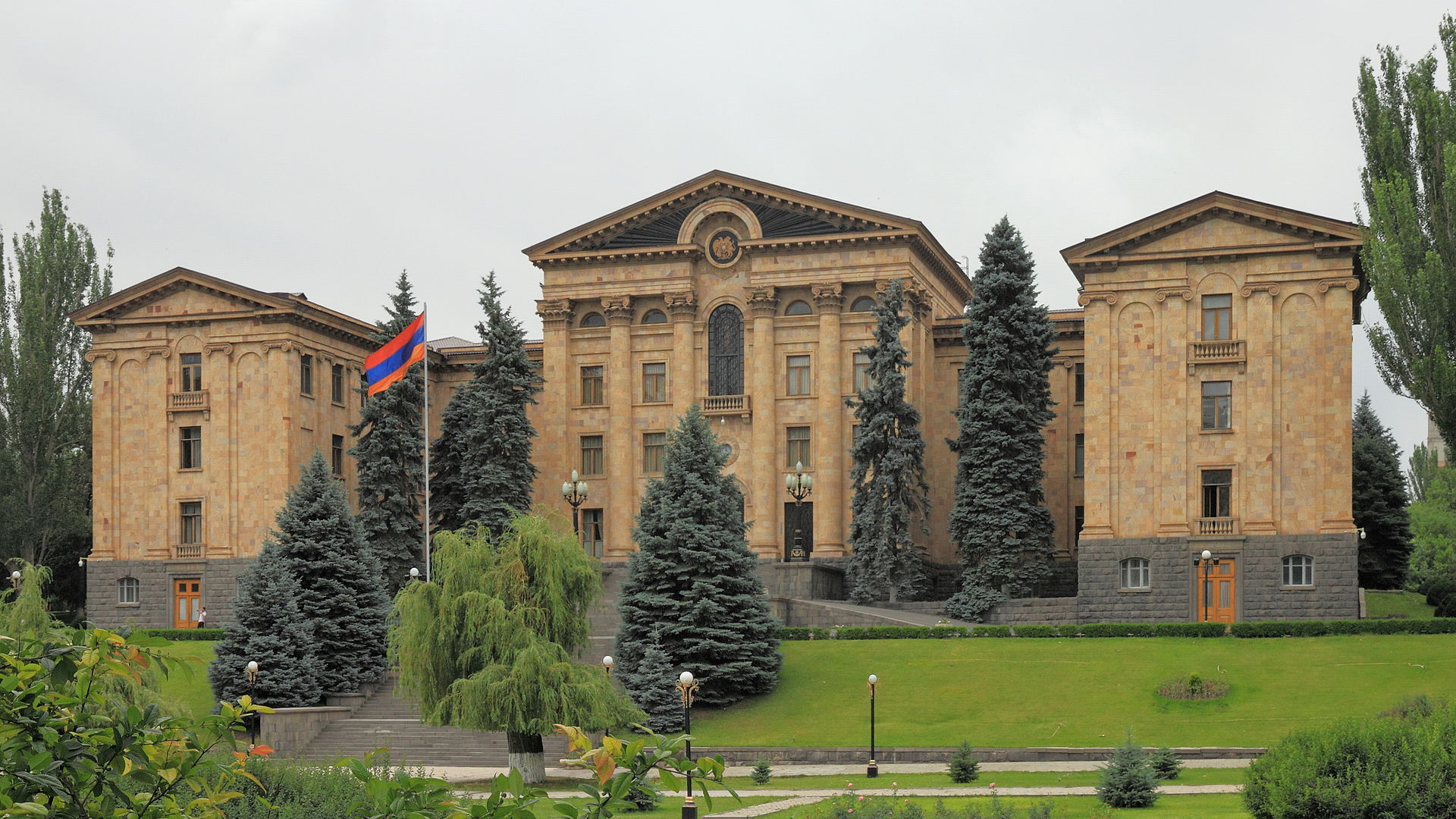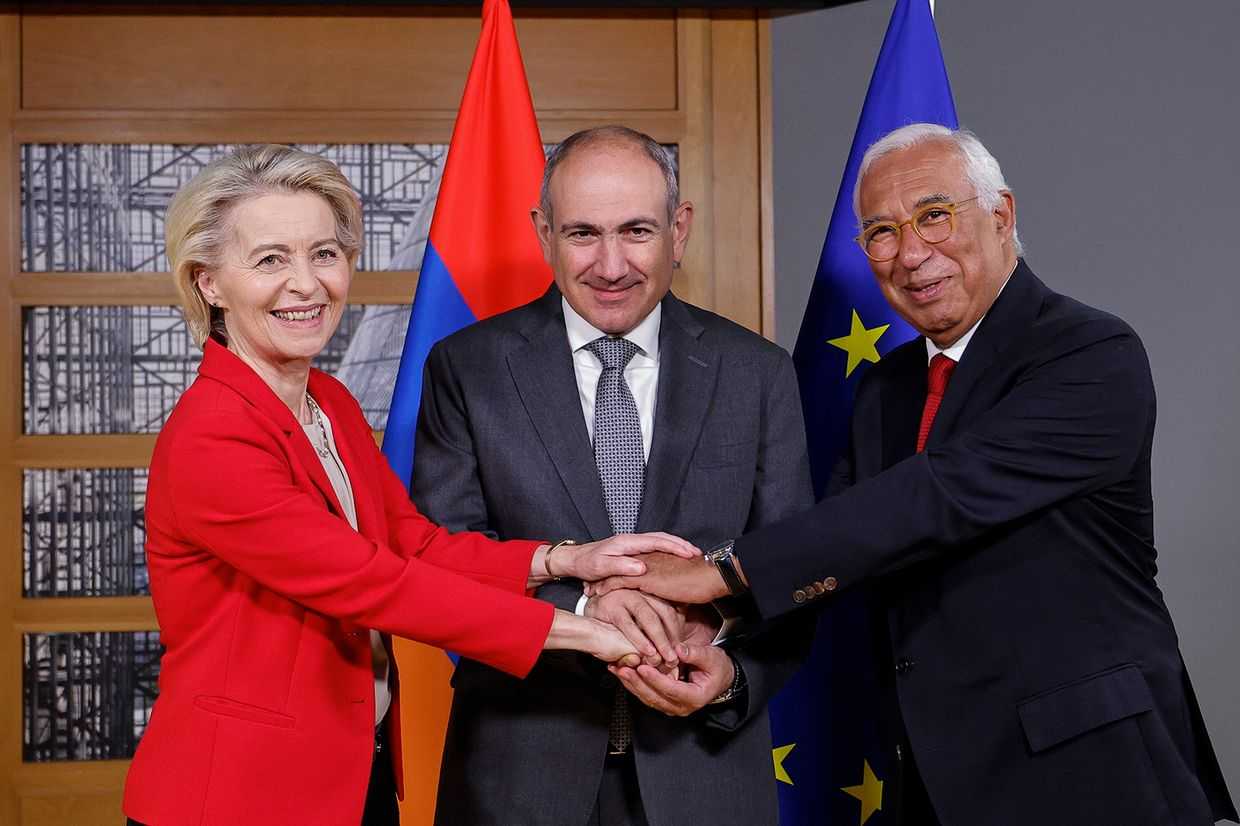

Armenian Prime Minister Nikol Pashinyan ordered a doubling of ministers’ and other high-ranking officials salaries without making the raises public, Armenian investigative outlet Hetq has reported.
In July 2018, only a few months after coming to power in the wake of the Velvet Revolution, Pashinyan secretly doubled the salaries of the country’s high-level government workers.
The news was first reported by Armenian investigative outlet Hetq on 21 October. According to Hetq, Pashinyan secretly ordered that salaries of ministers, deputy ministers and heads of staff be doubled.
According to the law on ‘Remuneration of State Officials’, the salary rate for certain high-ranking officials is to be 12 times the official base salary of government workers, which adds up to ֏790,000 ($1,600). In July, these salaries were bumped up ֏1.5 million ($3,100).
Hetq sent a written request to the Office of the Prime Minister to explain the reason for the secrecy.
‘The question you raise, as you’ve mentioned, took place through secret procedures. Hence, such information cannot be published’, the government’s reply said. ‘We find it necessary to note that the people holding the office that you mentioned publish an annual property, income, and interest statement which means that the procedure mentioned above is completely public and transparent.’
‘What did they hope to achieve?’
For many critics, it was not the salary increase but the secrecy surrounding it that was a cause for concern.
‘It’s about falling back on the principles of accountable and transparent governance’, Artur Sakunts, the head of Armenian rights group the Helsinki Citizens’ Assembly Vanadzor Office told Azatutyun. ‘The government should explain why [they kept the decision secret] and apologise.’
Shushan Doydoyan, the head of the Freedom of Information Centre, told OC Media that keeping the wage increases a secret was a misstep by the government.
‘What did they hope to achieve by doing this? Was it to protect personal data? Was it a state secret?’ she asked. ‘There is nothing to gain here, and it is absolutely unclear what the objective was.’
Doydoyan went on to say that while there might have been support for the raises, keeping it secret had dealt a severe blow to the credibility of the administration.
Deputy Chairman of Parliament, Alen Simonyan, tried to justify the wage increases in parliament, stating that there was a real need to reevaluate the salaries of people working in the state system because ‘the private sector often offers better conditions’.
Pashinyan later echoed similar sentiments.
This controversy comes after a similar scandal in December 2018, when a number of governors gave themselves and their senior staff bonuses.
Pashinyan himself has also previously been a critic of government pay raises. In 2013, he castigated the then-ruling Republican Party.
‘The political elite has raised its own salary. What is this if not cynicism on the backdrop of poverty, emigration, and disappointment?’
Playing defence
During a Q&A with members of the Government at in parliament on 23 October, Edmond Marukyan, the head of the liberal opposition Bright Armenia party asked Pashinyan why he bypassed the law on ‘Remuneration of State Officials’ and why the pay raise had been done in secret.
Pashinyan replied that the law in question had not worked properly for some time, and that money for the pay raises had come from money previously allocated for ministerial bonuses, an amount which had been approved by parliament.
‘Funds earmarked for bonuses were to be taken from 30% of the salary fund and used as the Government saw fit’, Pashinyan said.
He also said he believed the pay increases to be commensurate to the increased amount of work being done by ministers and other high-ranking government officials due to recent mergers of ministries and ministerial duties.
Pashinyan stated that he believed the issue had been discussed enough within the legislature so there was ‘no need’ to make it public.
Pashinyan added that annual financial statements were ‘to be published anyway’, so any discussion of ‘secrecy’ was moot.







